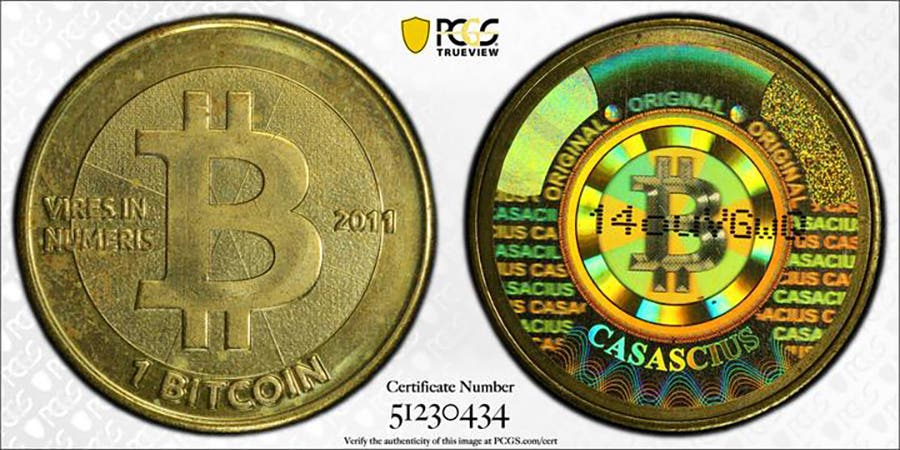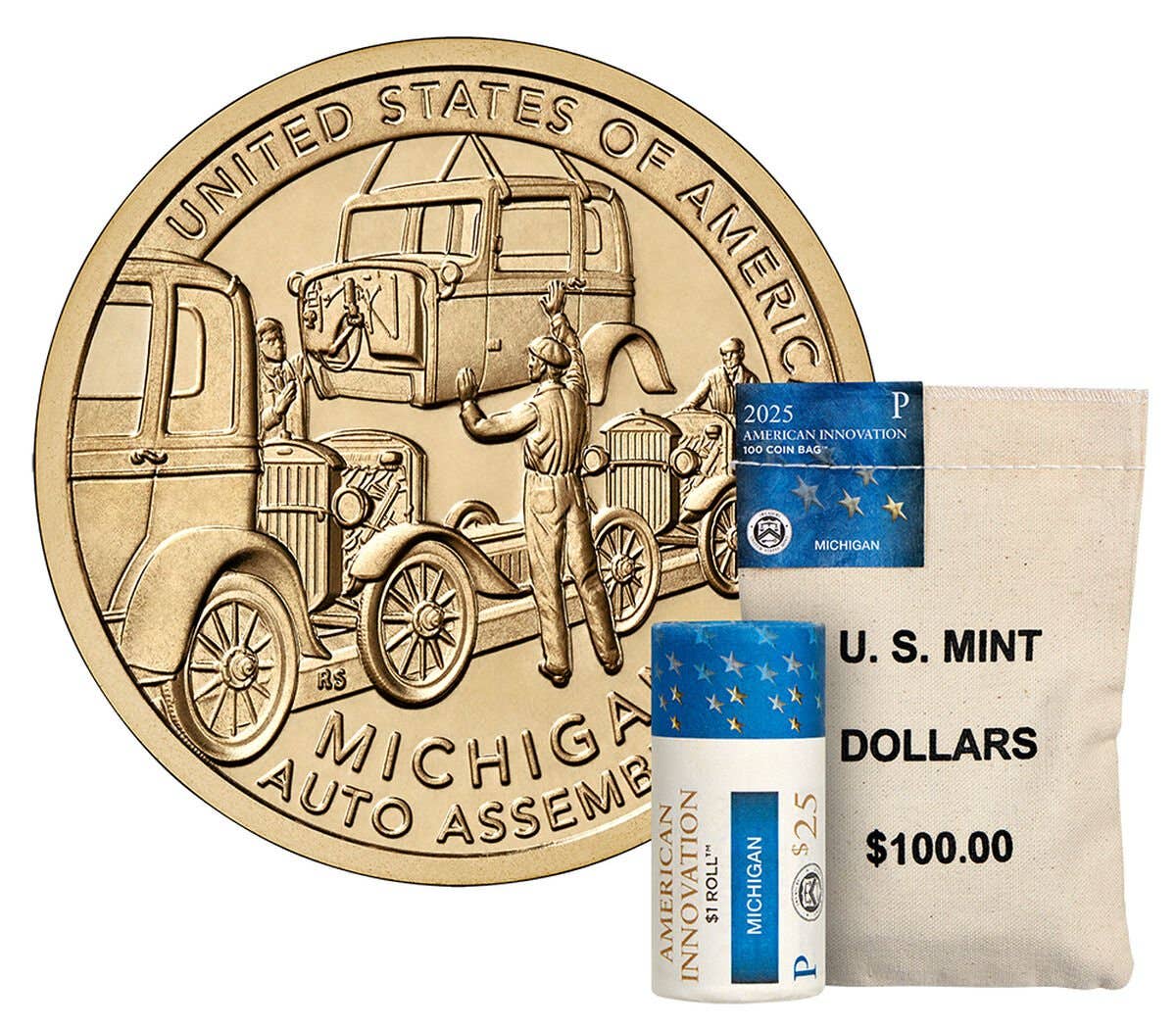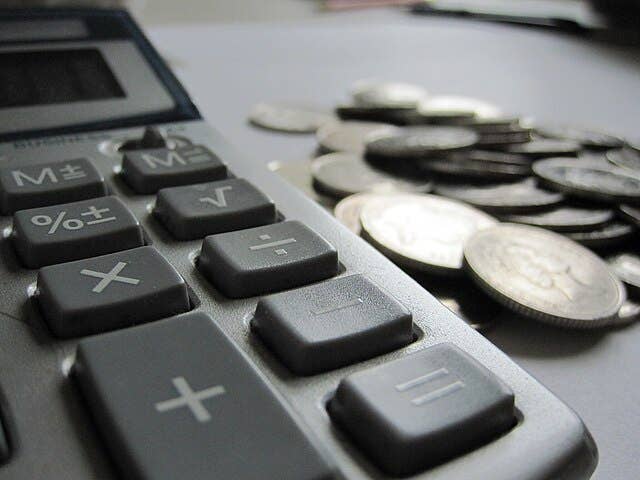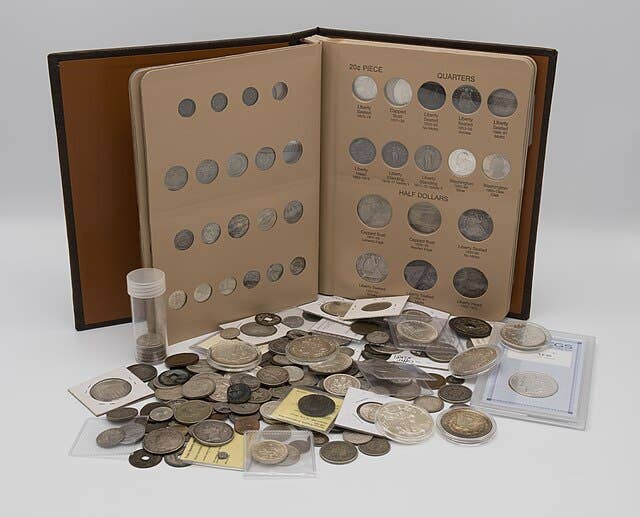Coin dealers need to serve their customers
It may seem that with the use of the internet that almost anyone can be a coin dealer today. Well, yes — and no. If you post a few coins…
It may seem that with the use of the internet that almost anyone can be a coin dealer today. Well, yes — and no.
If you post a few coins or notes for sale on the internet, even if it is just casual transactions, you are holding yourself out as a dealer. Whether you have thought about it or not, such a status implies a few points:
1. You stand behind the authenticity and description/grade of the items you offer for sale.
2. You will ship customer purchases on a timely basis when they have paid for them.
3. You will conduct your activities in a businesslike manner, including communications with customers.
4. You will be honest with your customers.
Dealers who have been in business for any length of time already operate with these minimum standards and much more in terms of customer service.
Although it may seem like being an online coin dealer may be sufficient to be in business, those who have storefront or office operations have several advantages and some disadvantages.
For instance, by having a store or office, customers can find you more easily to offer merchandise for sale. People have a general tendency to want to maintain possession of their items until they get paid for them. As a consequence, a dealer trying to arrange a purchase over the telephone or internet is at a disadvantage. Customers who can personally visit the coin dealer also have the advantage of being paid faster. Thus, such dealers usually can acquire merchandise to sell from the public at a lower cost basis that purchasing from other dealers or by competing to purchase from the public at a coin show.
However, the disadvantages of having a store or office are the cost of the facilities, the need to staff regular hours (or be available for appointment at a wide range of hours), and additional security concerns.
Also, just because a dealer has a physical location where customers may go is not sufficient to operate a successful business. Here are some pointers they need to keep in mind.
Long-term customers are invariably more profitable than one-shot customers. Therefore, successful dealers have an incentive to make sure that customers are satisfied. A good reputation creates more opportunities for future business from repeat transactions and referrals.
Dealers also have an incentive to learn as much about a wide range of numismatics as possible. If they don’t have the knowledge to make an offer to purchase merchandise, they won’t be able to purchase as much inventory on which you could make money.
The more working capital that a dealer has, the more he or she can afford to purchase and hold in inventory for potential retail sale. If cash flow is tight, almost everything purchased is quickly sold wholesale at smaller profit margins.
The more that a dealer supports numismatics in general, the more that collectors will patronize him or her. So, they join numismatic organizations, often support them financially, and find ways to support local organizations that could include potential customers.
Most important, dealers with shops or offices know that, in order to stay in business, they have to offer customers more than what they can obtain by purchasing items on the internet. What that means is being friendly and helpful to customers. Take time to share your knowledge. Be willing to make recommendations, even if it does not result that time in making a sale or making a sale of lower profit. Collectors invariably will seek out other dealers, so don’t be afraid to direct someone with a certain collection to others who may be able to help them. If a dealer becomes a trusted adviser (at my company we have multiple customers who, when they purchase coins or notes from other dealers, want our honest opinion on quality and value before they accept the item), they will make a lot more sales than if they don’t earn this trust.
There are many more points that help a dealer operate a successful coin shop or office. However, the bottom line of how to make a profit compared to just operating online is to serve customers in ways that they cannot get online.
At our company, we have two mottoes for staff to follow. They are:
1. If we take care of our customers, our customers will take care of us.
2. If the customer is smiling when they leave our store, they will be back.
Patrick A. Heller was the American Numismatic Association 2018 Glenn Smedley Memorial Service Award, 2017 Exemplary Service Award 2012 Harry Forman Dealer of the Year Award, and 2008 Presidential Award winner. He was also honored by the Numismatic Literary Guild in 2017 and 2016 for the Best Dealer-Published Magazine/Newspaper and for Best Radio Report. He is the communications officer of Liberty Coin Service in Lansing, Michigan and writes Liberty’s Outlook, a monthly newsletter on rare coins and precious metals subjects. Past newsletter issues can be viewed at http://www.libertycoinservice.com. Some of his radio commentaries titled “Things You ‘Know’ That Just Aren’t So, And Important News You Need To Know” can be heard at 8:45 AM Wednesday and Friday mornings on 1320-AM WILS in Lansing (which streams live and becomes part of the audio and text archives posted at http://www.1320wils.com).
This article was originally printed in Numismatic News. >> Subscribe today.
If you like what you've read here, we invite you to visit our online bookstore to learn more about 2019 U.S. Coin Digest.
NumismaticNews.net is a participant in the Amazon Services LLC Associates Program, an affiliate advertising program designed to provide a means for sites to earn advertising fees by advertising and linking to Amazon.com and affiliated websites.








